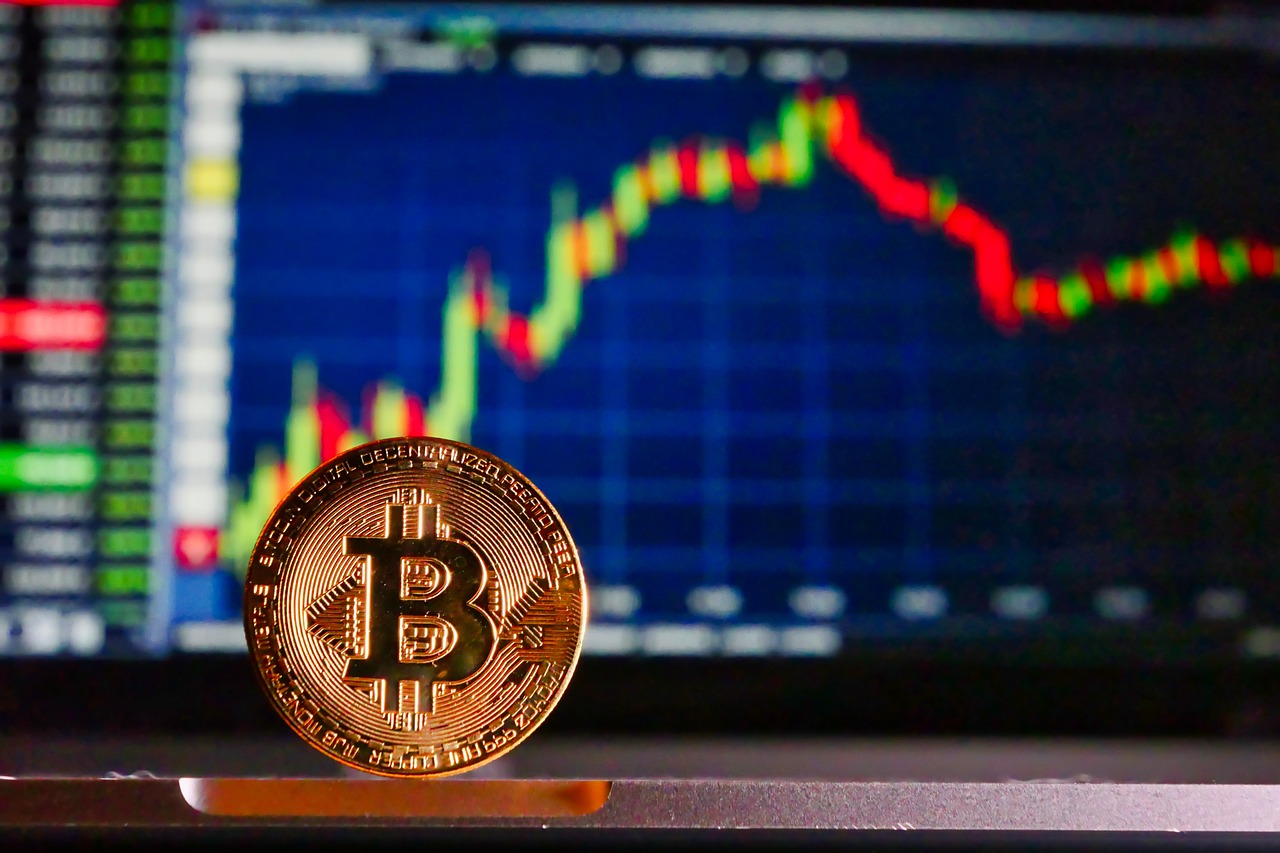Among the more than 19,000 cryptocurrencies now in circulation, Bitcoin (BTC) is the most popular in addition to being the first. The financial media gleefully covers every new dramatic peak and agonizing low, making Bitcoin a near certainty in the financial sphere.
Although the high volatility provides for electrifying news, it barely makes Bitcoin the best choice for people who are new to investing or searching for a dependable source of investment. Understanding every aspect can be difficult. So, let’s take a closer look at what is Bitcoin and how it works to help you understand it better. So let’s start:
What Is Bitcoin?
Through Bitcoin partners, cryptocurrency exchanges, or online brokers, you can purchase, trade, and exchange bitcoin without using an intermediary like a bank. This is why Bitcoin is a decentralized digital currency. Bitcoin’s creator, Satoshi Nakamoto, was the first to state the necessity for a cryptographic-based, rather than faith-based, electronic payment system.
Since every single transaction ever made in Bitcoin is recorded on a public ledger that is accessible to everyone, bitcoin transactions are hard to reverse and impossible to counterfeit. This was intended: The fact that bitcoins are neither guaranteed by a government nor an issuing authority and that the system’s inherent evidence only ensures its value is an example of how decentralized bitcoins are.
It only has worth because the community as a whole determined it does. Since its initial distribution to the public in 2009, the value of Bitcoin has considerably surged. Since the supply of Bitcoin is limited to only 21 million coins, many believe the price will eventually rise. This is particularly true when bigger, more well-known institutional investors use it as a form of digital gold to shield themselves from inflationary pressures and market volatility. There are already more than 19 million coins in circulation as a result.
How Does Bitcoin Function?
The basis of Bitcoin is a distributed digital ledger called a blockchain. As its name suggests, a blockchain is a network of interconnected data made up of units called blocks that each contains information about every transaction, such as the time and date, the overall sum, the buyer and seller’s information, and a unique identifying number for each transaction. By linking entries chronologically, a digital chain of blocks is produced.
The blockchain, which serves as a public database of bitcoin transactions and makes it accessible to anyone who wants to look it over, receives a new block. Since blockchain is decentralized, no one entity has control over it. It’s open to everyone, just like a Google Doc. Everyone with a link can contribute, but nobody owns it. Additionally, whenever another user makes changes, your copy is updated.
Even while it would appear risky that anyone could change the blockchain, this is precisely what makes Bitcoin secure and dependable. A transaction block must first be approved by most Bitcoin users before it can be added to the blockchain. The correct encryption method must also be followed by the unique codes used to authenticate users’ wallets and transactions. Long, random numbers make it very difficult to generate these codes fraudulently. Furthermore, the amount of statistical uncertainty in the blockchain verification codes, which are necessary for every transaction, considerably reduces the possibility that anyone could execute fraudulent Bitcoin transactions.
Where To Buy A Bitcoin?
Most people buy Bitcoin on MoonPay, other exchanges and Bitcoin partners. Similar to opening a brokerage account, opening an account requires you to submit proof of identification and a financing source, such as a bank account. Binance, Gemini, and Coinbase are among the most prominent cryptocurrency exchanges. Similarly, from Bitcoin partners like Blocklender, you can also purchase Bitcoin. Moreover, no matter where you purchase your Bitcoin, you’ll need a Bitcoin wallet to keep it safe.
An exchange or service provider maintains a hot wallet in the cloud. A few companies that offer online wallets are Electrum, Exodus, and Mycelium. On the other hand, a cold wallet, sometimes known as a mobile wallet, is an offline Bitcoin storage device that is not operated online. Trezor and Ledger are two examples of cold wallets.
And despite the fact that it is pricey, some merchants allow you to buy fractional Bitcoin. Additionally, you should be aware of costs, typically negligible percentages of your cryptocurrency transaction sum but can build up with small-dollar purchases.
Conclusion
Because of the market’s extreme volatility, be ready for ups and downs. There will be substantial price changes. Cryptocurrency might not be your best option if your investment portfolio or mental health can’t manage that. However, remember that cryptocurrency is still in its infancy stage and is highly speculative. Be ready for challenges while investing in something new. Do your homework and start investing prudently if you intend to take part.






